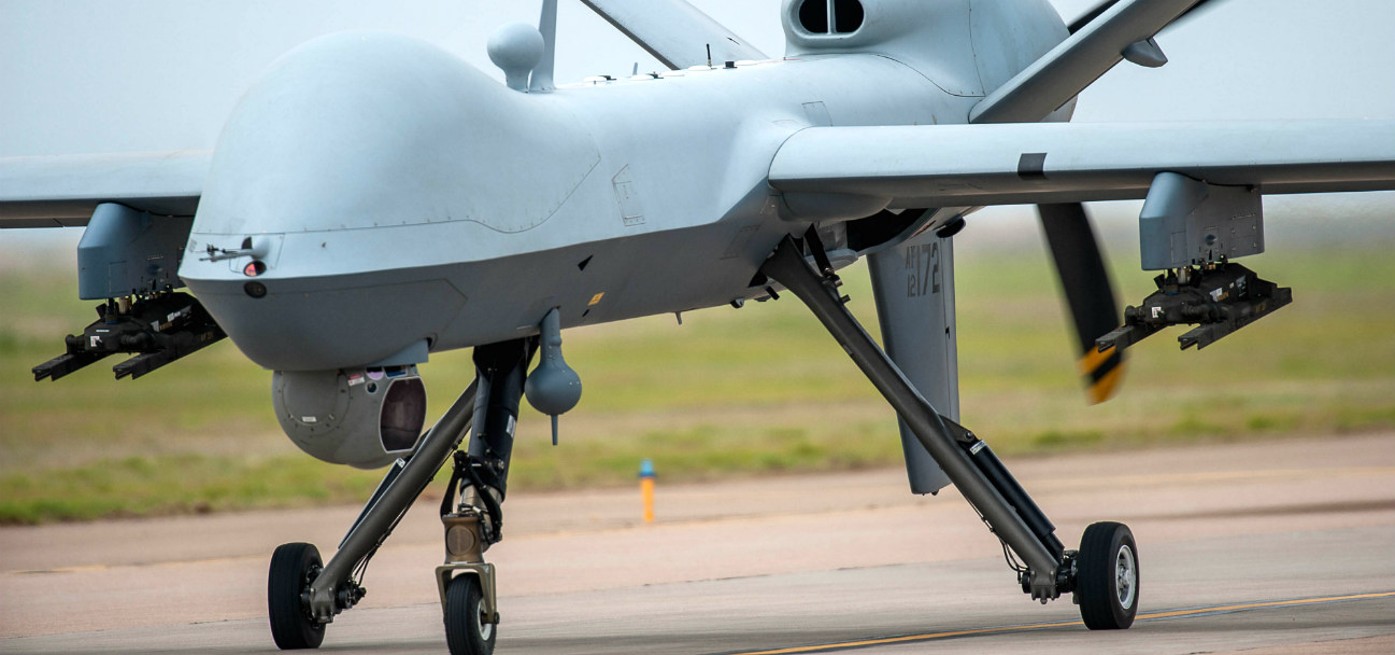
How to Block Drones with a Drone Jammer
In an age where the sky is dotted with drones, the importance of drone jammers has never been more significant. From commercial deliveries to personal

In certain cases, customers may urgently require the purchase of backpack-style frequency interference analyzers for their projects. However, transportation of these analyzers also takes time. To avoid delays, customers may consider shipping them by air. But what about the analyzers with built-in batteries? Can they be shipped by air? This article aims to explore the regulations and requirements for shipping devices with batteries by air.
The classification and identification of batteries can be complex. Some batteries or devices with built-in batteries may fall under the category of dangerous goods for air transportation, such as Class 4.3 or Class 8 and 9. On the other hand, regular batteries with lower capacity may be allowed for air shipment. Therefore, the question arises: Can devices with batteries be shipped by air? And if so, how can we determine if a device with batteries is eligible for air transportation?
The answer lies in obtaining an identification report. The full name of this report is the “Air Transport Conditions Identification Report,” which is issued by a professional identification institution. As mentioned earlier, battery classification and identification can be complex, and having an identification report is crucial. This report determines whether a device with batteries can be shipped by air.
Devices like backpack-style frequency interference analyzers, which often require customization in small quantities, may not meet the requirements for air transportation unless the customer specifically requests and prepares the identification report in advance. This means that without proper preparation, these analyzers cannot be shipped by air.
Let’s take the example of the “SMa-818M Portable Frequency Interference Analyzer,” which has a built-in 24V 34Ah lithium battery. This lithium battery falls under the category of ultra-large capacity batteries, making it ineligible for air transportation. Moreover, during air transportation, the battery may pose a risk of self-ignition, potentially causing damage to the aircraft and cargo, compromising aviation safety, or even leading to accidents. Therefore, strict restrictions are imposed.
In general, backpack-style frequency interference analyzers with large-capacity lithium batteries cannot be shipped by air. However, if air transportation is absolutely necessary, the lithium battery must be removed from the analyzer and transported separately. The analyzer without the battery can be shipped as regular cargo, while the battery requires specialized cargo flights.
In conclusion, when it comes to shipping backpack-style frequency interference analyzers with batteries, it is essential to adhere to regulations and procedures. This is not only a responsibility towards oneself but also towards others, as it helps prevent potential disasters. Therefore, it is crucial to follow the rules and guidelines when shipping devices with batteries, ensuring the safety of air transportation.
Our frequency checker tool will help you check all frequency bands used in all country.

In an age where the sky is dotted with drones, the importance of drone jammers has never been more significant. From commercial deliveries to personal

Protect your vehicle’s location privacy with a professional guide on GPS jammers. From selection to legal considerations and installation tips, we’ve got you covered. Key

Here’s a step by step guide on how to build your own GPS jammer. Below are the main steps we are going to introduce in

Understanding Signal Blocker: How It Works and Its Applications Signal Blockers are devices that can disrupt mobile phone signals, preventing them from connecting to base

The Application and Benefits of High-Power Signal Jammers Enhancing Signal Blocking Efficiency in Various Environments In today’s technologically advanced world, the need for effective signal

Considerations for Purchasing Exam Room Signal Jammers Ensuring Effective Signal Jamming for Exam Integrity As the year approaches its end, many schools are preparing for

The Importance of Monitoring and Signal Interference Measures During Examinations During examination periods, it is crucial to closely monitor the examination venues and their surrounding

Selecting the Appropriate Cell Phone Jammer for Theaters and Auditoriums Overcoming Challenges in Installation and Maximizing Signal Disruption The Importance of Cell Phone Jamming in

Remote Control of Cell Phone Jammers via Smartphone: A Possibility? With the rapid development of the Internet of Things (IoT), numerous smart home devices have

Supplying high quality signal jamming devices since 2010. The only jammer store you can trust.
Jammer Master © 2024. Premium Signal Jammer Supplier Since 2010.